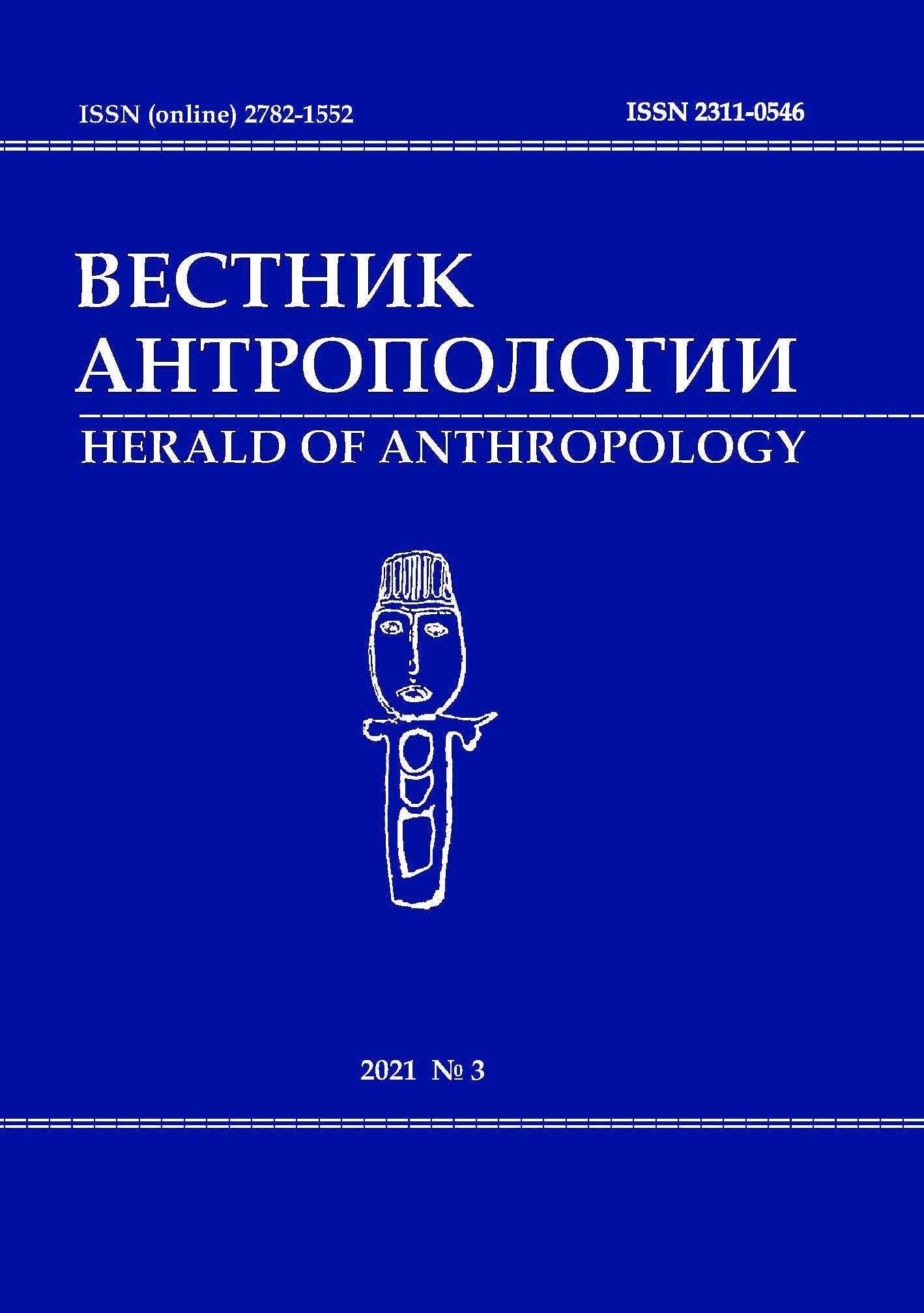MATERIAL AND SPIRITUAL DEPRIVATION AS FACTORS OF RELIGIOUS CONVERSION (WESTERN BUDDHISM EXAMPLE)
DOI: 10.33876/2311-0546/2021-3/244-260
Keywords:
material deprivation, spiritual deprivation, instrumentality, non-instrumentality, social exclusion, religious conversion, Western BuddhismAbstract
The article examines the influence of material and spiritual deprivation on religious conversion on the example of Western Buddhism. The significance of deprivation processes for religiosity is discussed in the light of the association between deprivation and religiosity, current debates about the methodology of religious conversion research, and the studies of Buddhism in new sociocultural areas. The research studies the biographies of the followers of Diamond Way Buddhism, one of the most widespread varieties of Western Buddhism in Russia – a variant of Tibetan Buddhism, oriented to the needs of the Western European audience. F. Schütze's narrative analysis was adapted to the objectives of the study and used as the primary methodological tool. The article presents the analysis of biographical interviews with the members of Buddhist communities conducted in 2018-2019 in St. Petersburg, Arkhangelsk, Severodvinsk, and Moscow. Examination of the biographical materials showed that initial interest in Buddhism is a necessary condition for conversion, in addition to experiencing structural and cultural deprivations. The theoretical model we employed distinguished between material and spiritual deprivation and the two corresponding types of integration into the Buddhist community: instrumental and non-instrumental. This allowed us to reconstruct the phenomenology of these types in connection with the experienced deprivation basing on empirical material. It was found that "instrumentalism" (orientation towards the material resources of the community) manifests itself not only at the stage of entering the community but also persists in the future as "professionalization" in Buddhism. "Non-instrumentality" seeks to redefine the foundations of one’s worldview in order to cope with hardships by finding answers to existential questions and, eventually, to restore subjective well-being.
For Citation: Isaeva, V.B., Divisenko K.S. 2021. Material and Spiritual Deprivation as Factors of Religious Conversion (Western Buddhism Example). Herald of Anthropology (Vestnik Antropologii) 3: 244–260.





















